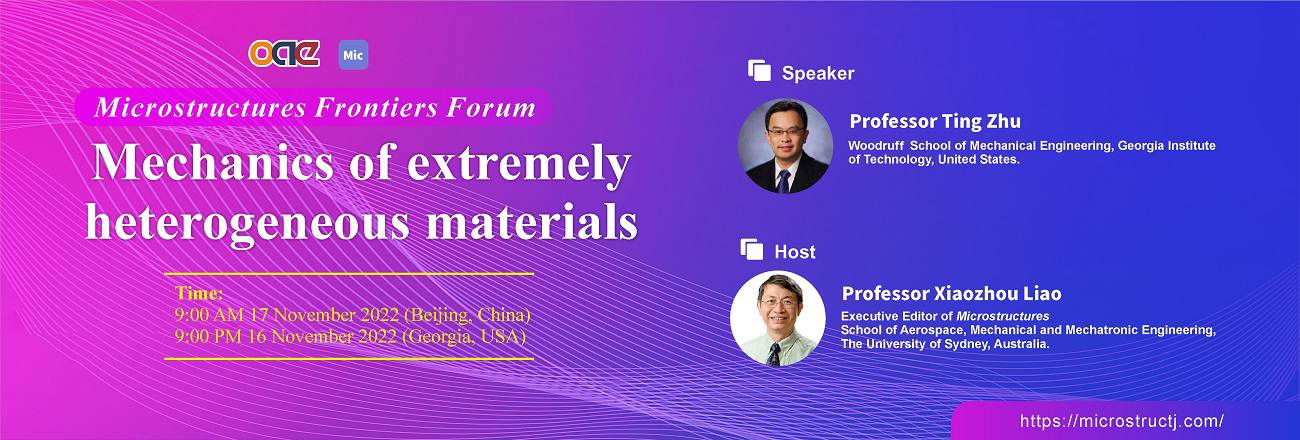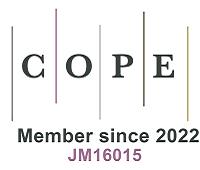Contents
Chair
Professor Xiaozhou Liao
Executive Editor of Microstructures
School of Aerospace, Mechanical and Mechatronic Engineering, The University of Sydney, Australia.
School of Aerospace, Mechanical and Mechatronic Engineering, The University of Sydney, Australia.
Speaker
Professor Ting Zhu
Woodruff School of Mechanical Engineering, Georgia Institute of Technology, Atlanta, Georgia, United States.
Ting Zhu is a Woodruff Professor in the Woodruff School of Mechanical Engineering at Georgia Institute of Technology. He received his Ph.D. in solid mechanics from Tsinghua University and Ph.D. in mechanical engineering from Massachusetts Institute of Technology. He worked as a postdoctoral associate at Harvard University before joining Georgia Tech in 2005. His research is focused on solid mechanics and materials modeling. He received the Sia Nemat-Nasser Early Career Award from the American Society of Mechanical Engineers and the Young Investigator Medal from the Society of Engineering Science.
Introduction
Our recent studies of 3D-printed alloys (Nature, 608, 62–68, 2022), high-entropy alloys with nanoscale chemical modulation (Nature, 574, 223-227, 2019), gradient nanotwinned metals (PNAS, 119, e2116808119, 2022), and several other heterogeneous materials raise fundamental questions on the role of extremely fine microstructural heterogeneities in controlling the mechanical behavior of these novel material systems. We combine mechanics modeling and experimental characterization to unravel the extra strengthening effects of microstructural gradients and resultant plastic strain gradients and back stresses relative to their homogeneous counterparts. Quantitative comparison is made between modeling and experimental results, highlighting the less appreciated notions of different types of back-stress hardening and different stages of extra hardening that operate in materials with extremely complex microstructural heterogeneities. In addition, we apply new experimental approaches including in situ atomic resolution TEM (Science, 375, 1261–1265, 2022) and in situ synchrotron micro-diffraction X-ray (PNAS, 115, 483-488, 2018) to push the limits of characterizing heterogeneous microstructures at different length scales. Mechanistic insights are gained toward further enhancement of the strength-ductility synergy in the design of extremely heterogeneous materials.
Moments
Presentation
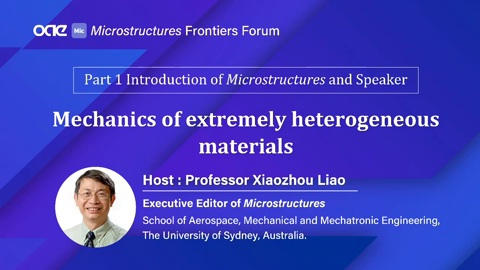
Mechanics of Extremely Heterogeneous Materials: Part 1 Introduction of Microstructures and Speaker
NaN
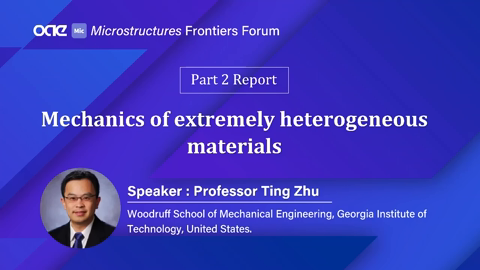
Mechanics of Extremely Heterogeneous Materials: Part 2 Report
NaN
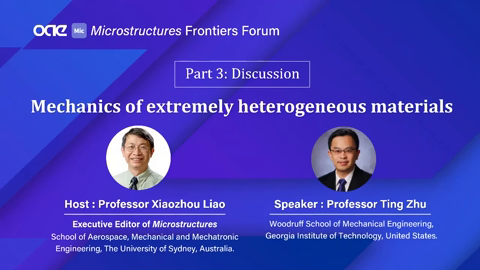
Mechanics of Extremely Heterogeneous Materials: Part 3 Discussion
NaN

